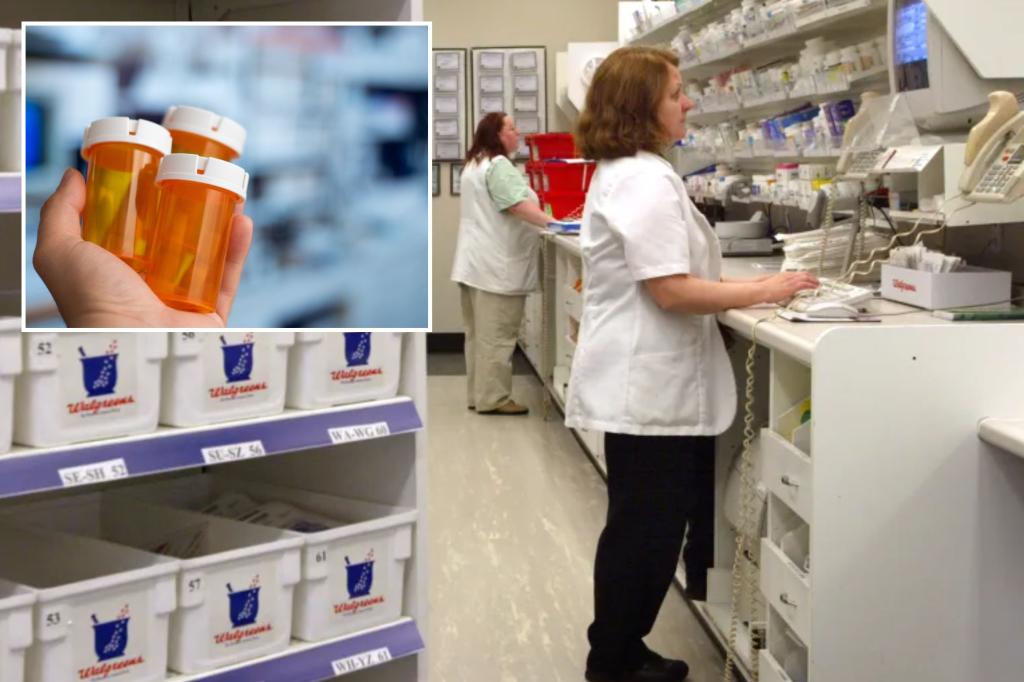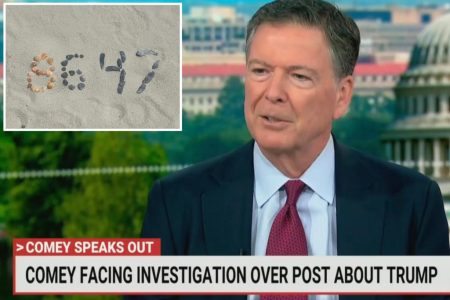Pharmacists in the US are warning that drug shortages have reached an all-time high, with medications like chemotherapy drugs and emergency medications in short supply. The American Society of Health-System Pharmacists (ASHP) reported 323 active drug shortages in the first quarter of the year, surpassing the previous record of 320 shortages in 2014. ASHP CEO Paul Abramowitz stated that all drug classes are vulnerable to shortages, with concern particularly high for generic sterile injectable medications used in hospitals. Some of the medications in short supply include oxytocin, Rho(D) immune globulin, chemotherapy drugs, pain and sedation medications, and ADHD medications.
The ongoing national shortages of therapies for attention-deficit/hyperactivity disorder are also a challenge for clinicians and patients. Short-term shortages are typically caused by demand exceeding supply, while more severe and persistent shortages are driven by economic factors such as extreme price competition among generic manufacturers. ASHP stresses that there is a need for more federal level involvement in addressing the root causes of drug shortages. They are working to engage with policymakers and advocate for solutions that will help address this issue, with a focus on manufacturing capacity, quality, and supply chain reliability.
The Department of Health and Human Services (HHS) recently published a white paper recommending ways Congress can assist in addressing the issue of drug shortages. The paper outlines potential solutions and expresses the readiness of HHS to work with Congress to ensure that no patient faces the consequences of drug shortages or goes without needed medications. ASHP is also actively involved in efforts to draft and pass new legislation that will help address drug shortages and advocate on behalf of their members for effective solutions. The economic challenges driving drug shortages are being attributed to factors such as extreme price competition among generic manufacturers, which undermines investment in manufacturing capacity, quality, and supply chain reliability.
Pharmacists and healthcare professionals are calling attention to the severity of the drug shortages in the US, particularly for life-saving medications like chemotherapy drugs and emergency medications used in hospitals. The high number of active drug shortages in the first quarter of the year, exceeding previous records, is a cause for concern. ASHP is working to address the root causes of drug shortages and advocating for legislative solutions at the federal level. The ongoing national shortages of attention-deficit/hyperactivity disorder therapies are also a significant challenge for clinicians and patients, underscoring the need for action to ensure patients have access to the medications they need.
The economic challenges that contribute to drug shortages, such as extreme price competition among generic manufacturers, are a key factor in the ongoing issue. Short-term shortages are typically driven by demand exceeding supply, while more severe shortages can be a result of economic factors that impact manufacturing capacity, quality, and supply chain reliability. Pharmacists and healthcare organizations like ASHP are working to address these challenges and advocate for solutions to ensure that patients have access to the medications they need. The Department of Health and Human Services has published recommendations for Congress to assist in addressing drug shortages, highlighting the importance of collaboration and action to prevent patients from facing the devastating consequences of going without needed medications.















